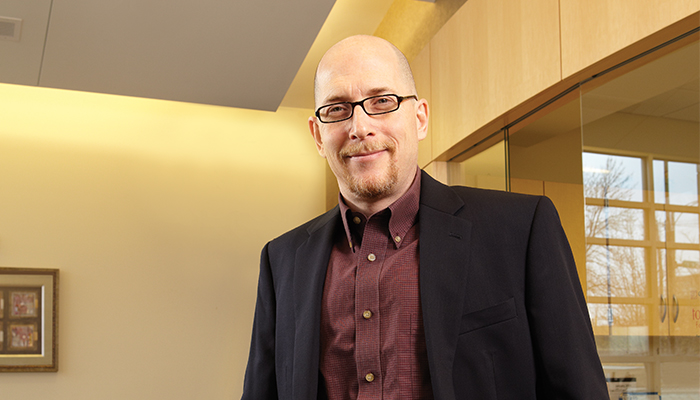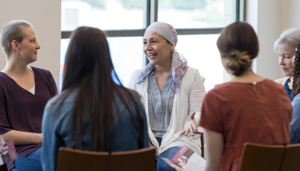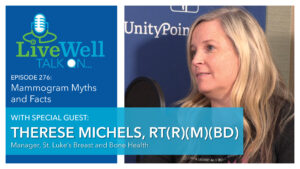As part of the 2,500 Miles for Colon Cancer Awareness campaign, we are providing stories and expert content with the goal of raising awareness about colorectal cancer in young adults. In this article, Dr. Dean Abramson, physician at St. Luke’s Gastroenterology, discusses this trend, symptoms to watch out for and advice to minimize your risk. To learn more about the 2,500 Miles for Colon Cancer Awareness campaign or to contribute, visit communitycancercenter.org/2500miles.
What trends have you seen with instances of colorectal cancer in adults under 50?
Colorectal cancer rates for people under fifty have been increasing both in the US and other high-income countries since the mid-nineties. Initially, these were primarily rectal cancers, but, in recent years, cancers throughout the colon are seen, with annual increase of 2.2 percent, mainly in Non-Hispanic Whites and American Indians/Alaska Natives. Rates in these groups are now equal to that of African Americans, a demographic long recognized to have earlier onset colorectal cancer. What is most concerning is these tend to be advanced-stage tumors due to delays in seeking medical care and in diagnosis.
What do you think has caused colorectal cancer to increase in younger adults?
This is pure conjecture, but factors that have been implicated include obesity, sedentary lifestyle, and dietary changes, including lower fiber and increased consumption of processed and red meats. All of these have been implicated in promoting tumor growth.
What are some signs and symptoms young people should watch out for?
Rectal bleeding and a change in bowel habit should alert to the potential for colorectal cancer. Previously, there was a tendency for providers to reassure young patients with such complaints given the rarity of colorectal cancer in this patient population, but this should no longer be the case. Hemorrhoids are now a diagnosis of exclusion in the young.
When should they be seen by their physician?
Persistent bleeding or bowel changes should prompt timely medical evaluation.
What advice do you have for younger people who are looking to minimize their risk of colon cancer?
Certainly, healthy diet and lifestyle are key. Genetic factors, such as family history of colon cancer and advanced colon polyps in close relatives should trigger early screening even in the absence of any signs or symptoms. But I caution that the absence of family history should not dissuade anyone from seeking medical care for rectal bleeding or altered bowel function.
What are your thoughts on what Susie Douglas and her two friends are doing to raise awareness?
I think it’s great that Zach’s family and friends are increasing awareness of colorectal cancer in the young while simultaneously promoting a healthy way of life, minus the French fries. Most people still think of colon cancer as a disease of the middle-aged and elderly. Also, there is more than a little reluctance to discuss rectal bleeding and bowel habits, especially in the young. Hopefully, if the word gets out, more early onset colorectal cancer will be diagnosed as early-stage disease, with better long-term outcomes.
Dean A. Abramson, MD is a physician at UnityPoint Health – St. Luke’s Gastroenterology. He graduated from medical school at New York University School of Medicine. He completed his residency at Danbury Hospital, and his fellowship at Waterbury Hospital Health Center. Dr. Abramson is board-certified by the American Board of Internal Medicine.







